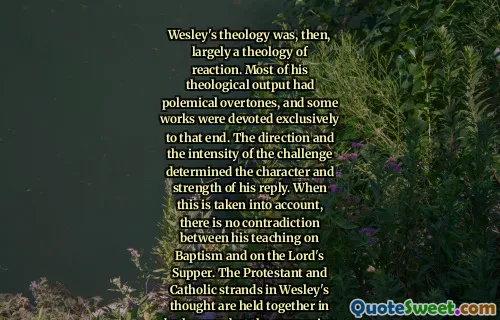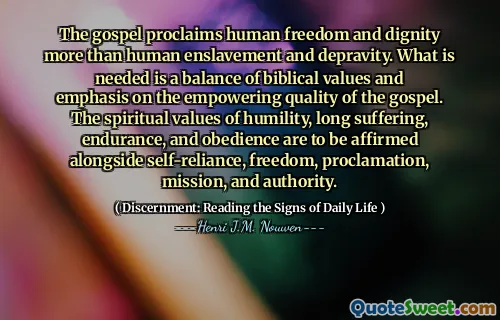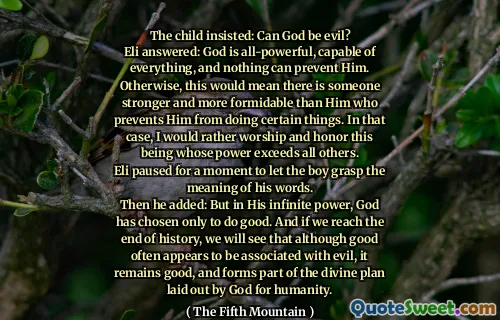
Wesley's theology was, then, largely a theology of reaction. Most of his theological output had polemical overtones, and some works were devoted exclusively to that end. The direction and the intensity of the challenge determined the character and strength of his reply. When this is taken into account, there is no contradiction between his teaching on Baptism and on the Lord's Supper. The Protestant and Catholic strands in Wesley's thought are held together in both cases, but the expression of their relative importance depends on the situation which is being addressed.
John Wesley’s approach to theology exemplifies a dynamic interplay between doctrinal conviction and contextual response. His theological methodology can be characterized as largely reactionary, where the stimulus for his teachings often emerged in contestation—whether against prevailing ideas, theological opponents, or cultural pressures of his time. This reactionary nature shaped much of his polemical engagement, which was purposeful and aimed at addressing specific issues or defending particular doctrines. Notably, Wesley’s nuanced understanding of sacraments like Baptism and the Lord’s Supper reflects a harmonization of Protestant and Catholic traditions within his theology. Rather than rigidly aligning with one tradition, he considered the relative importance of these practices in light of the specific pastoral or doctrinal situation he faced. In essence, his work underscores the importance of situational adaptability in theological expression—where doctrinal consistency coexists with contextual sensitivity. This dynamic ensures that his teachings remain relevant across different settings and challenges, emphasizing that theology is not static but responsive. Wesley’s approach invites modern theologians and believers to view doctrinal adherence as balanced with pastoral care and practical engagement, recognizing that theological positions often develop in response to real-world challenges. His integrative method offers a model for constructive theological discourse that respects tradition while being responsive to contemporary needs.




